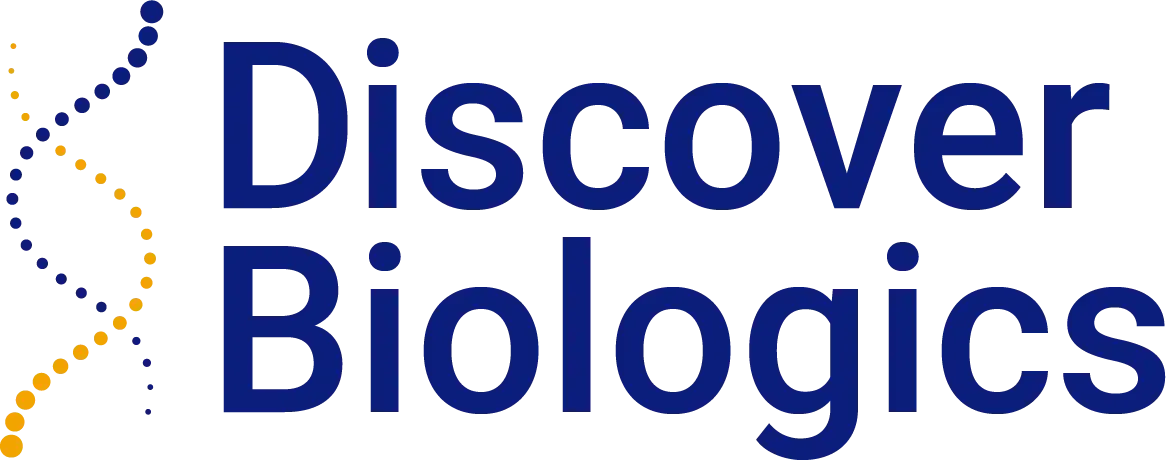Discover Biologics
Fertility Treatment Protocols
The purpose of this website is to provide educational information for practitioners on biologic materials, orthopedic protocols, regulatory considerations, and general best practices. This content is intended for professional education only and does not constitute medical advice or approved treatment recommendations.

Biologic therapies for fertility aim to restore reproductive health by improving the microenvironment of reproductive organs, modulating inflammation, and promoting tissue repair in both males and females.
Common Conditions Treated
Ovarian Dysfunction: Poor egg quality or decreased ovarian reserve.
Endometriosis: Inflammation and scarring affecting the uterus and ovaries.
Male Factor Infertility: Low sperm count or motility issues.
Uterine Scarring (Asherman’s Syndrome): Scar tissue in the uterus impairing implantation.
Treatment Modalities
Mesenchymal Stem Cell (MSC) Therapy: High-quality MSCs improve ovarian and testicular function and reduce scarring in the reproductive tract.
Exosome Therapy: Delivers regenerative factors to modulate inflammation and repair tissue.
Platelet-Rich Plasma (PRP): Used in the ovaries and uterus to enhance function and improve endometrial receptivity.
Procedure Overview
Patient Selection:
Ideal Candidates: Couples experiencing unexplained infertility or age-related fertility decline.
Contraindications: Active pelvic infections or untreated chronic illnesses.
Preparation:
Baseline Assessments: Hormonal panels and imaging of reproductive organs.
Informed Consent: Educate about the benefits, risks, and success rates.
Administration:
Ovarian Injection: Biologics injected directly into the ovarian tissue.
Intrauterine Infusion: Biologics delivered into the uterine cavity to improve implantation potential.
Post-Treatment Care:
Encourage a healthy lifestyle, including stress management and balanced nutrition.
Monitor ovulation and response through follow-ups.
Supporting Studies
MSC Therapy in Fertility Restoration: Highlights the role of stem cells in ovarian rejuvenation. Read study
Exosomes for Male Infertility: Explores their use in improving sperm quality and motility. Read study
About
Our mission is to equip practitioners with essential knowledge on biologics, covering protocols, regulatory guidelines, and foundational insights. This site serves as a trusted resource for navigating the evolving landscape of stem cell applications in clinical practice.
Disclaimer
The information on this website is provided solely for informational purposes and has not been reviewed or approved by the FDA or any other regulatory authority. It does not constitute medical advice, diagnosis, treatment, or any guarantees of medical outcomes and should not be used as a substitute for formal medical education and training, nor as a substitute for consultation with qualified healthcare professionals. Similarly, the content does not provide legal advice or guidance on regulatory compliance and should not replace consultations with qualified legal professionals.
DiscoverBiologics.com makes no representations or warranties, express or implied, regarding the accuracy, reliability, or applicability of the information provided to individual health circumstances or the legal use and adoption of biological products by clinics or providers.
By accessing this website, you agree to the terms and conditions outlined herein and accept full responsibility for compliance and clinical decisions made within your practice. You also acknowledge that you have been encouraged to review the disclaimer page and understand that any reliance on the information provided is voluntary and at your own risk and sole discretion.
2025 © All Rights Reserved. DiscoverBiologics.com
